Nội Dung Chính
(Page 76)
This unit includes:
LANGUAGE
Pronunciation
Intonation in Wh- and Yes/No questions
Vocabulary
Words and phrases related to education after leaving school
Grammar
Perfect gerunds and perfect participle clauses
SKILLS
Reading: Reading for main ideas and specific information in an article about different study options after leaving school
Speaking:
• Discussing the benefits of vocational training and academic study
• Ending a conversation or discussion
Listening: Listening for main ideas and specific information in a conversation about courses provided at a vocational school
Writing: Writing a request letter to ask for information about vocational school courses
COMMUNICATION AND CULTURE / CLIL
Everyday English
Making an appointment
Culture
UK education after secondary school
PROJECT
Doing research on an educational institution

I. GETTING STARTED
Planning our education
1. Listen and read. 🎧
Ms Hoa: Good morning, class. There was an education fair last weekend. Did anyone go?
Nam: Yes, Mai and I did. The fair was great, and we got a lot of useful information.
Ms Hoa: I'm glad to hear that. Would you like to share some of it with the class?
Mai: Sure. After finishing school, we mainly have two education options. For example, we can get into university if we earn high grades or pass the university entrance exam.
Nam: That's true, but academic education isn't everything. The other option is going to a vocational school where we can learn skills for particular jobs.
Ms Hoa: That sounds interesting. So what are your plans for the future?
Mai: I'm hoping to go to university. Having won several biology competitions, I want to study biology and become a scientist.
Ms Hoa: Great! It's really important to follow your dream, Mai.
Mai: My mum still regrets not having gone to university. So I want to make her proud of me. How about you, Nam?
Nam: Well, I don't think university is for me. I want to go to a vocational school because I want to become a car mechanic. My father owns a car repair shop. Having watched him work very hard for many years helped me make my decision.
Ms Hoa: That's very sensible, Nam! I hope you can help him grow his business.
(Page 77)
2. Read the conversation again. Decide whether the following statements are true (T) or false (F).
| T | F | |
| 1. School-leavers only have the option of academic education | ||
| 2. Good grades at school can help students get into university. | ||
| 3. Vocational schools are for those who want to develop job skills. | ||
| 4. Nam wants to work at his father's car repair shop after leaving school. |
3. Find phrases in the conversation that mean the following.
| 1. an event at which students can talk to representatives of universities or vocational schools about their study options | e_____ f _____ |
| 2. an exam that someone takes to be accepted into a school or university | e_____ e_____ |
| 3. studying at school or university to gain knowledge and develop thinking skills | a_____ e_____ |
| 4. a place that teaches skills needed for particular jobs | v_____ s_____ |
4. Complete the sentences using phrases from 1.
1. ____ several biology competitions, Mai wants to study biology and become a scientist.
2. Mai's mum still regrets not _____ to university.
3. _____ his father work very hard for many years helped Nam make his decision.
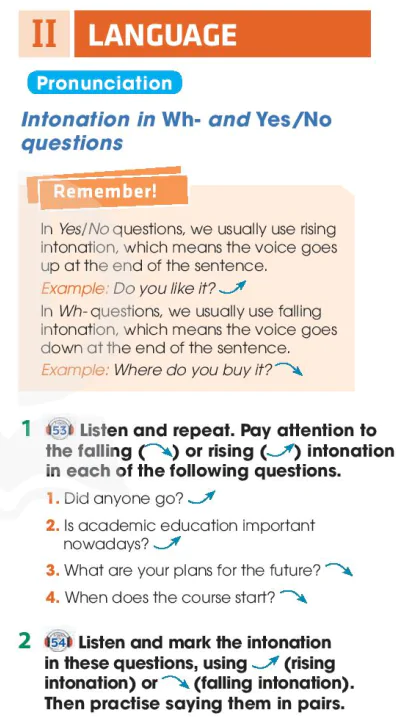
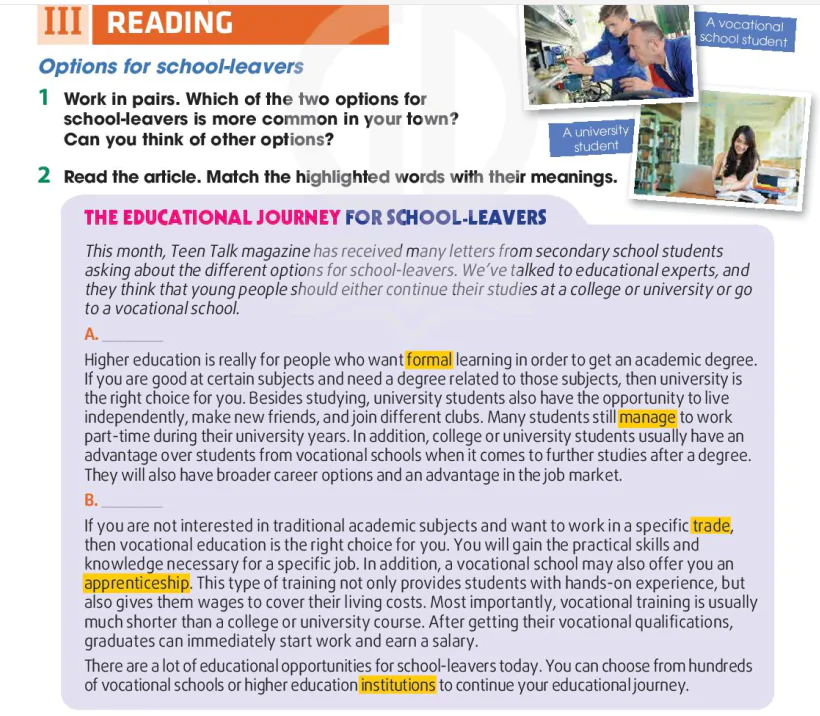
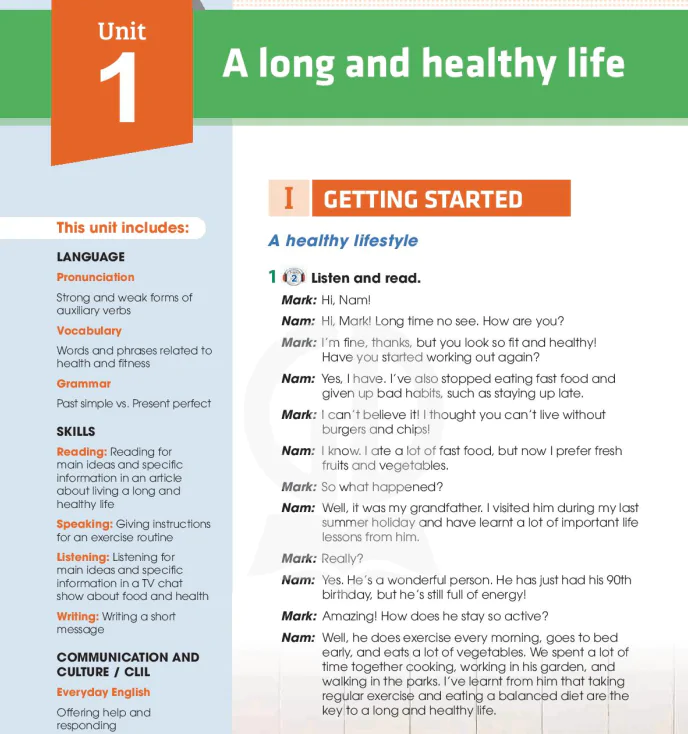
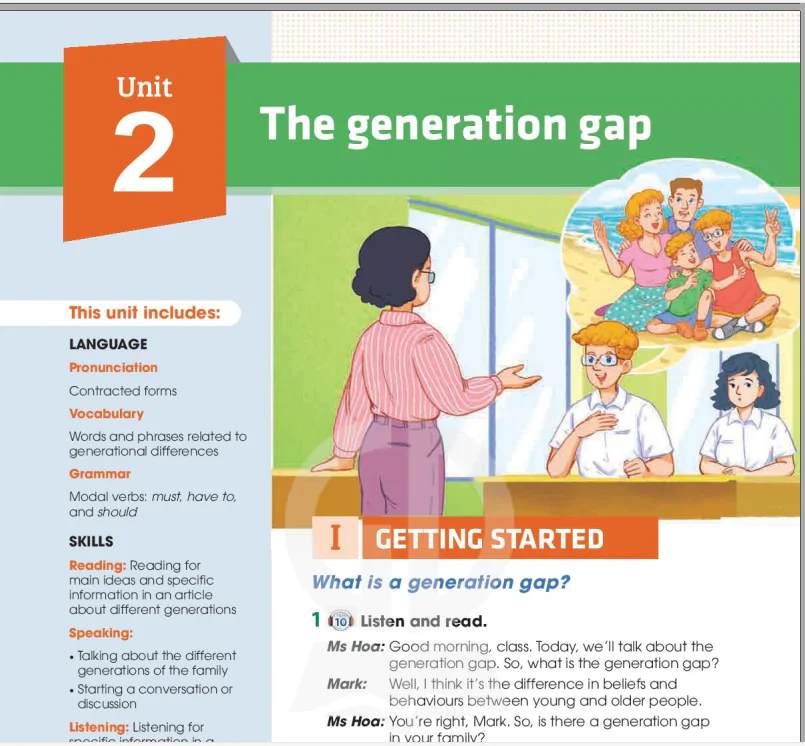
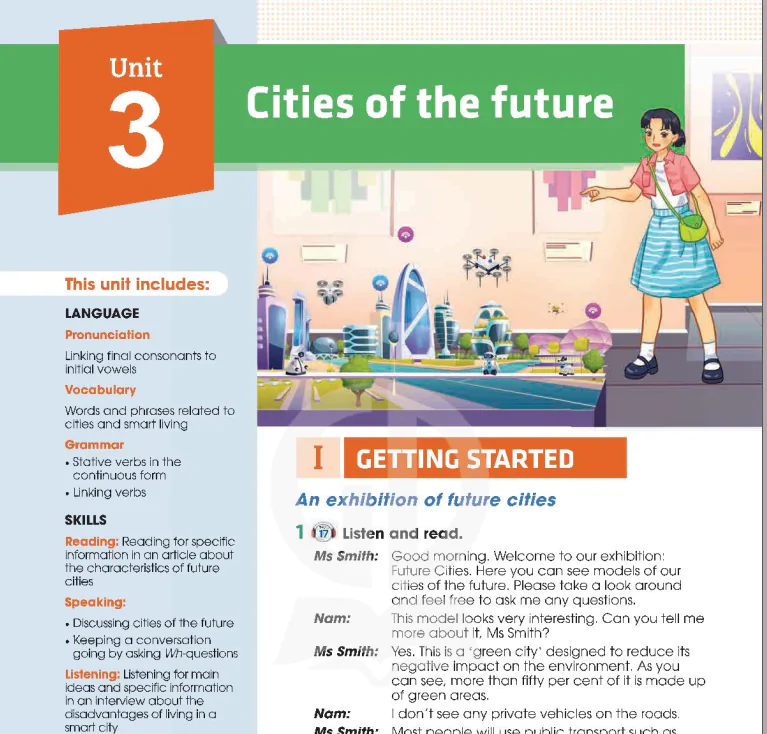
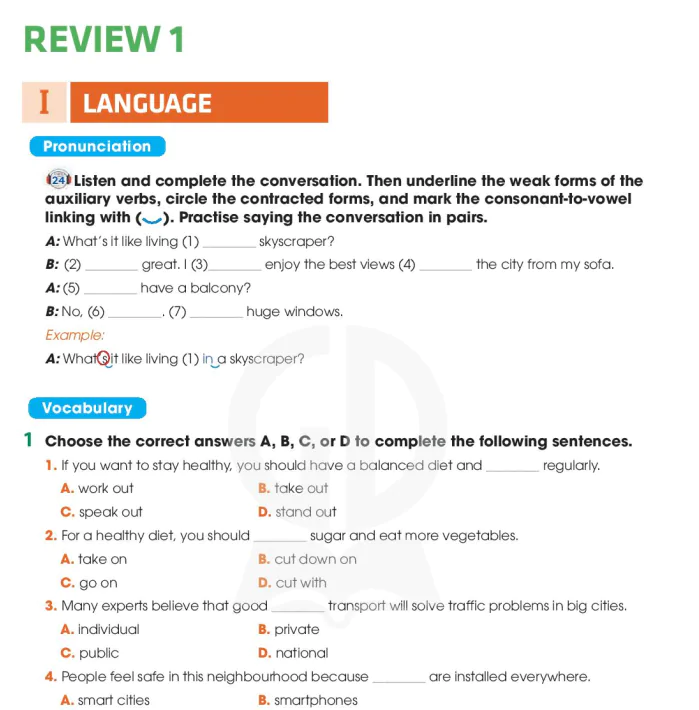
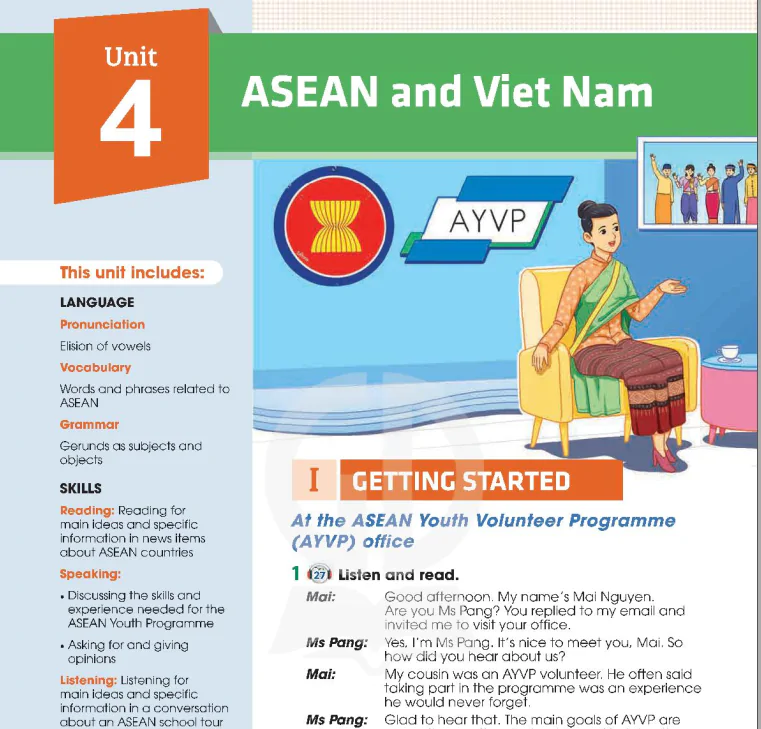
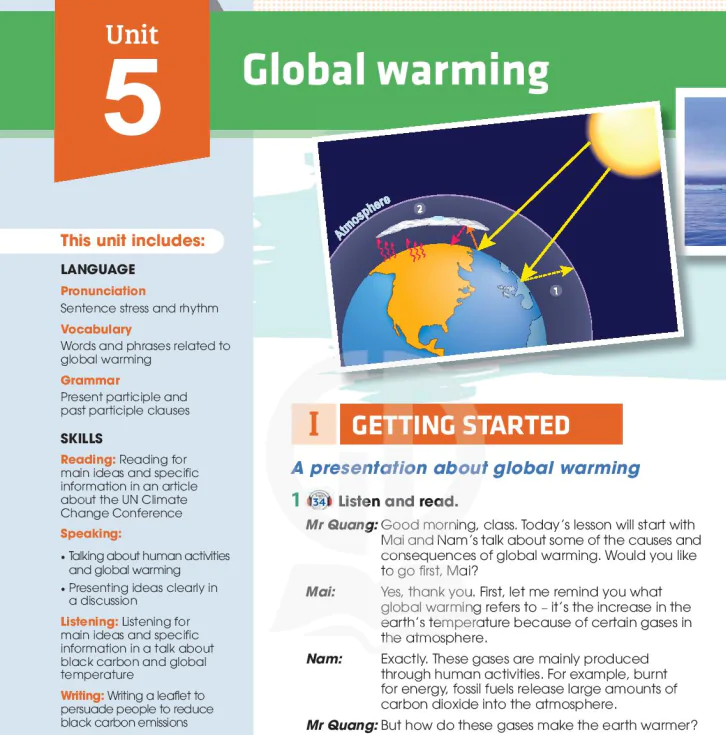
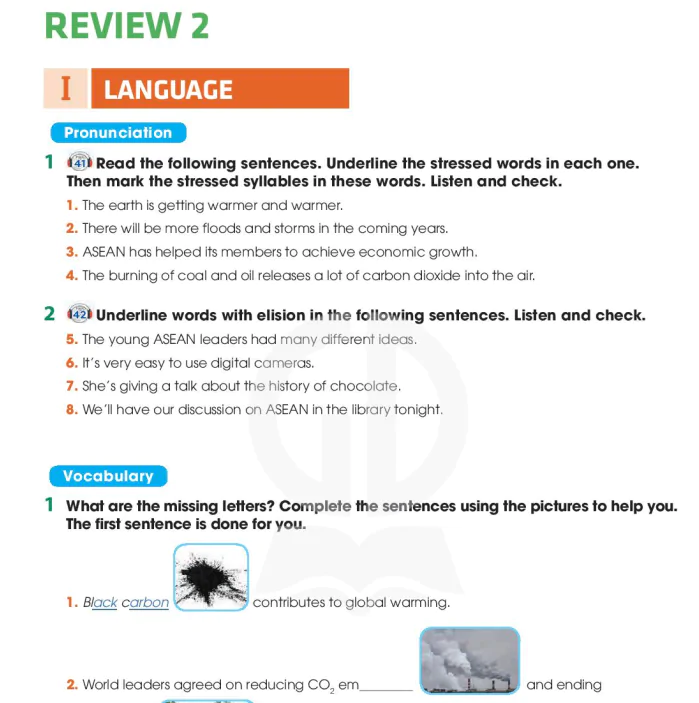
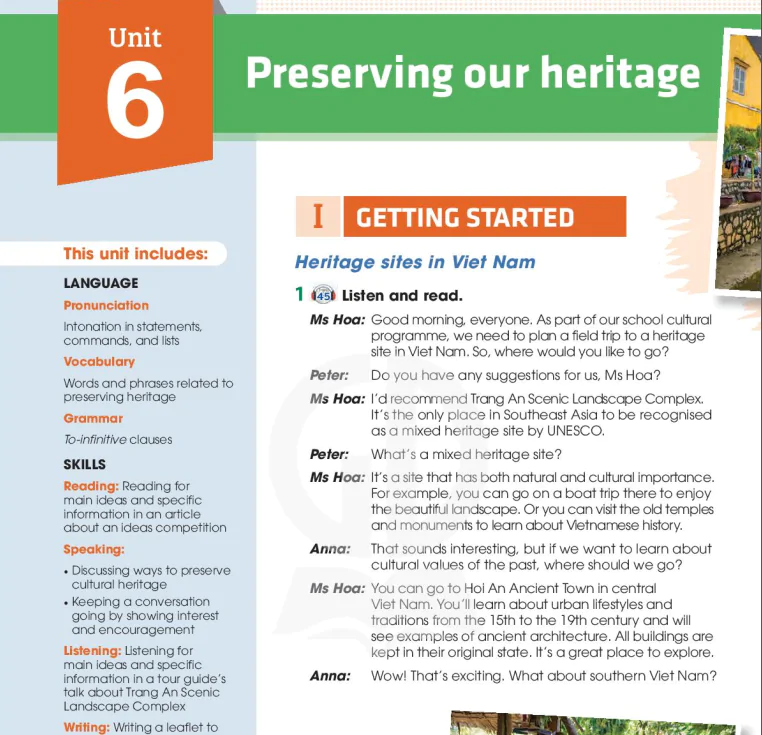
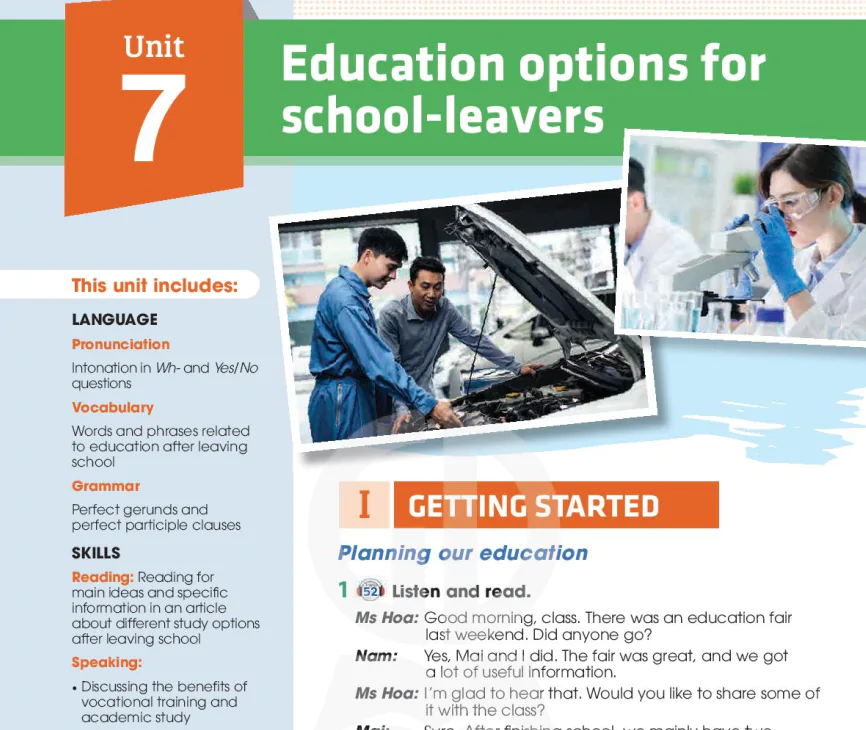
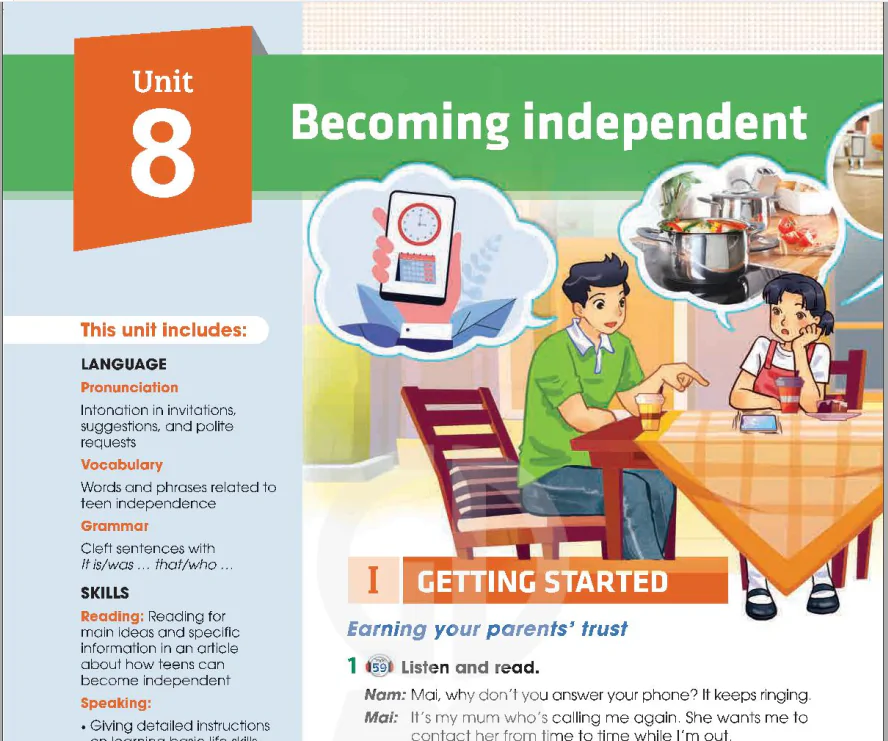
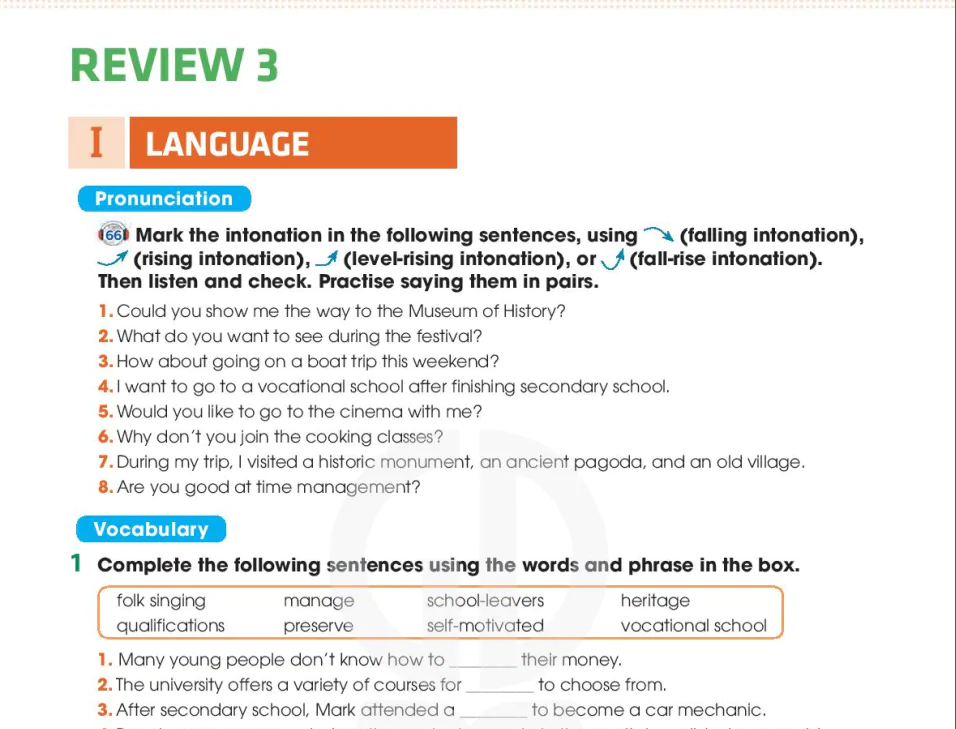
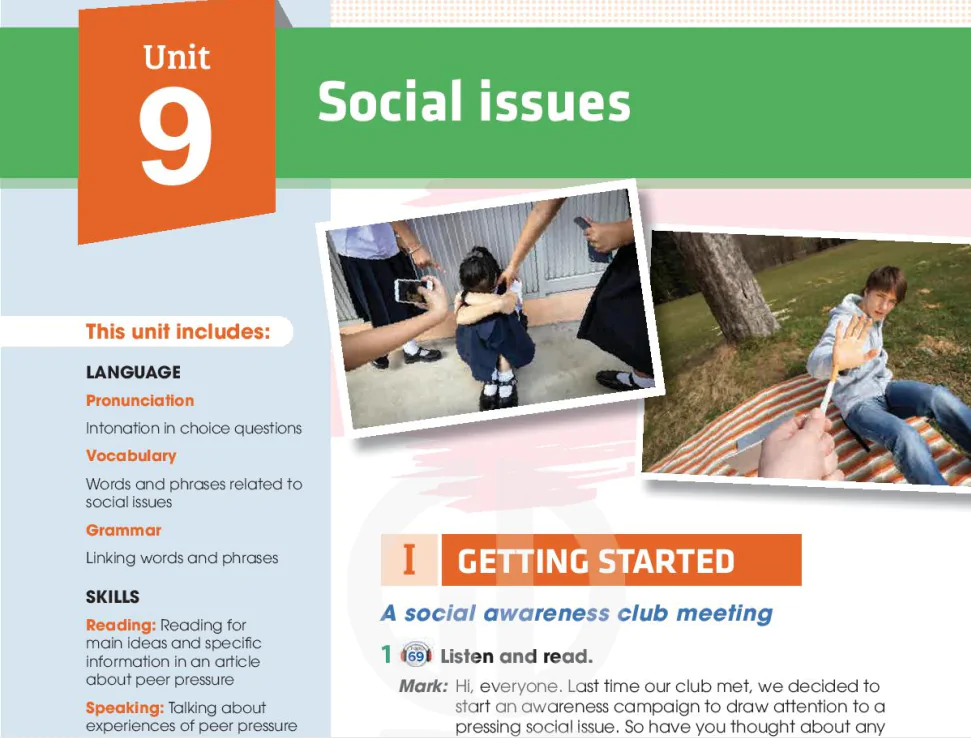
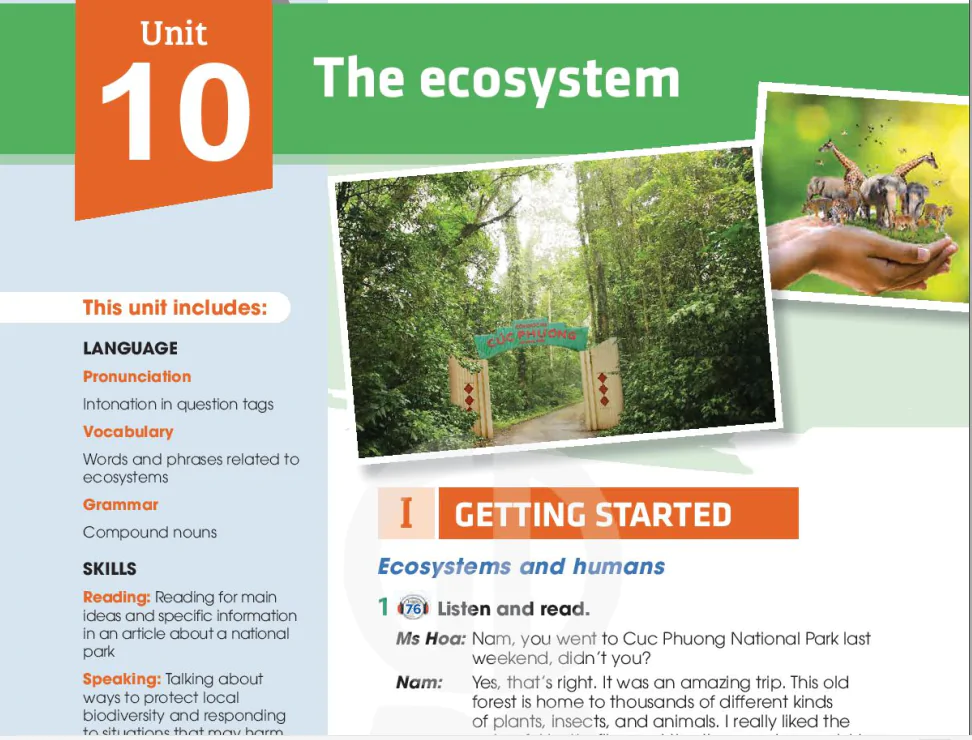
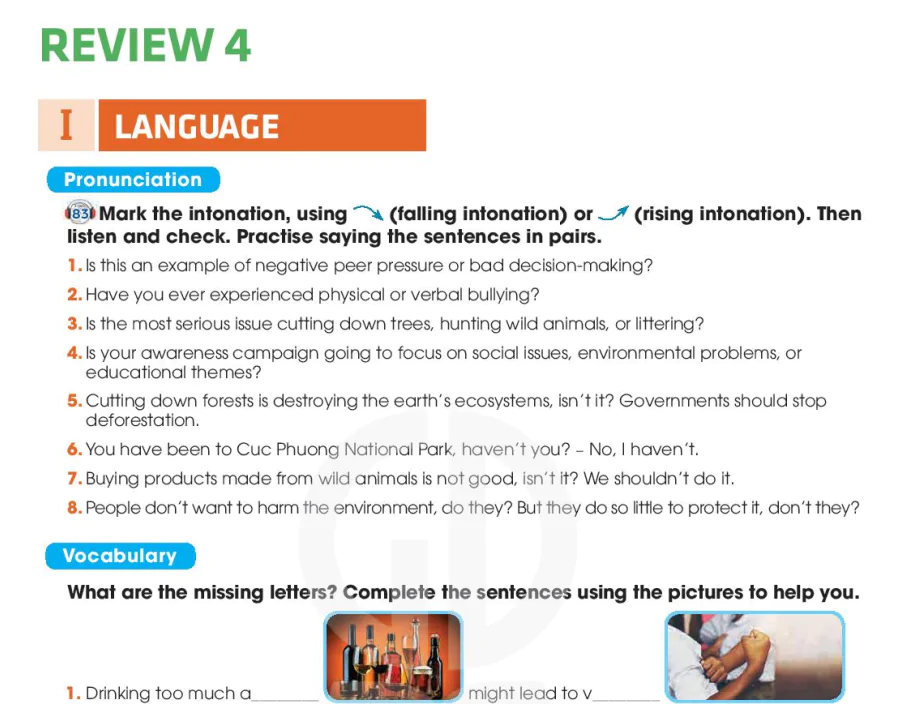
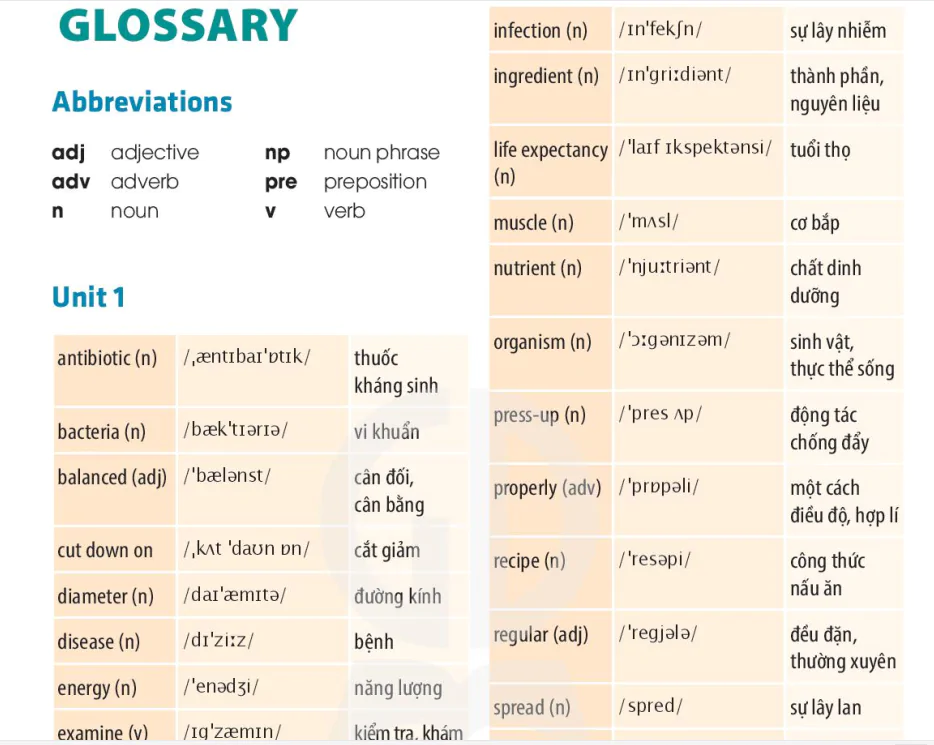
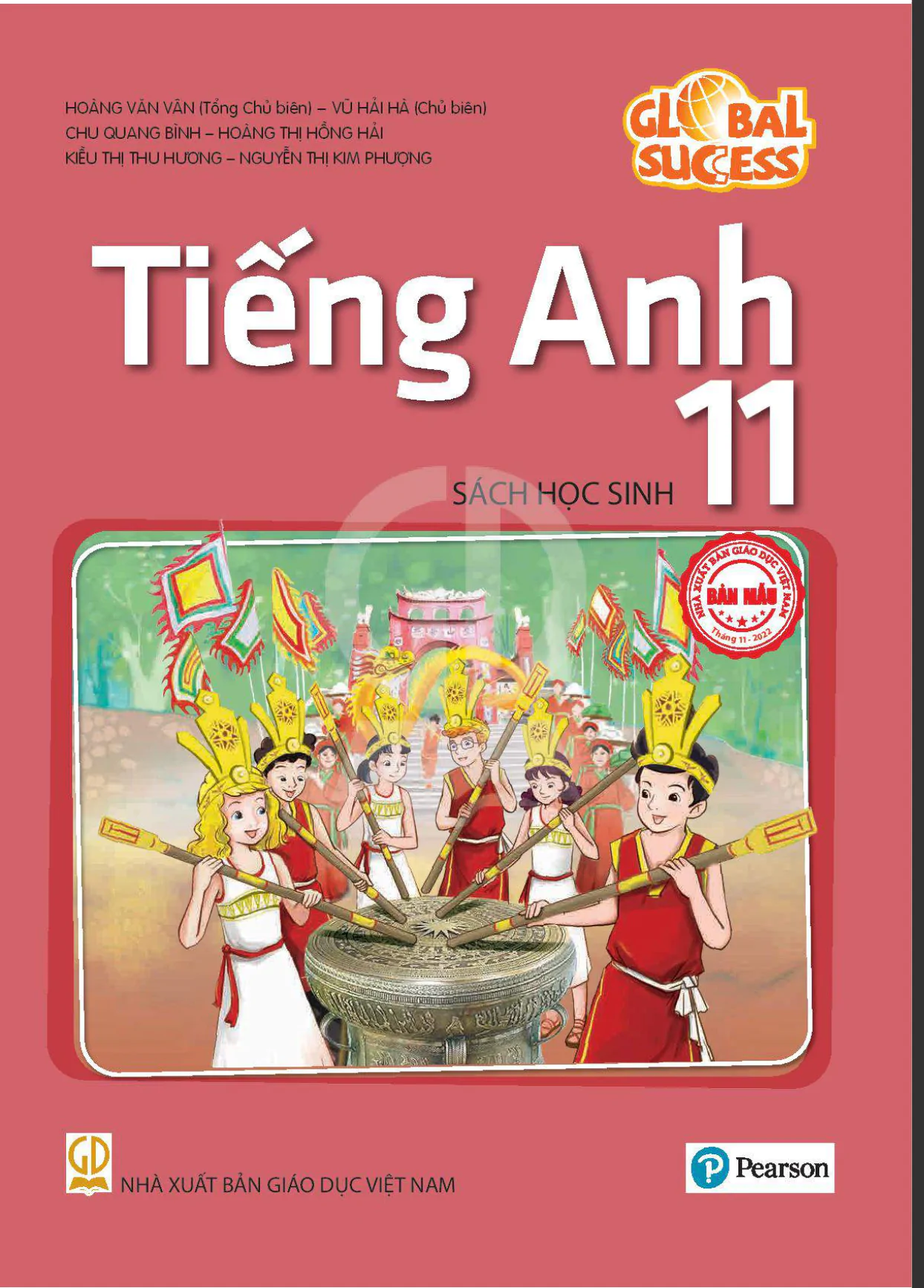

















Bình Luận
Để Lại Bình Luận Của Bạn